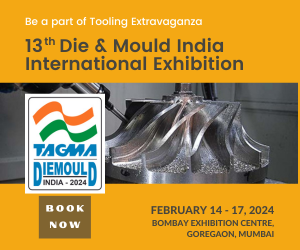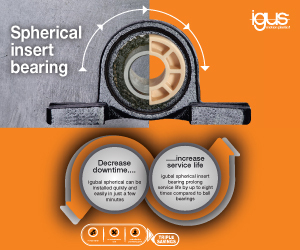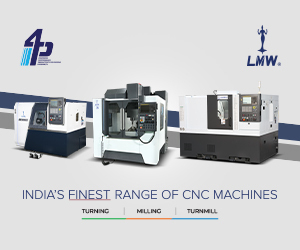
In the annual session (2015) of the Automotive Component Manufacturers Association of India (ACMA), the chairman of the Suzuki Motor Corporation, Mr Osamu Suzuki, made a couple of important points.
These points, though stated with simplicity (characteristic of the Japanese), have deep ramifications for the consumer market, the automotive industry and the health of individual companies in this sector.
Make (good products) in India
The first was to point out that "Make in India" would necessarily need to be supported by a Quality in India initiative. Mr Suzuki pointed out that the increasing frequency and scale of recalls by the automotive industry was very visible and would affect the perceptions of investor companies in judging India as a manufacturing base.
In India, the concept of recalls is relatively new. Long a producer driver market, people used to be grateful to receive a product and were not going to quibble about "minor" details like quality and aesthetics. When you are dying of thirst, it's unlikely that you will debate whether the water should be still or sparkling. This was an aeon ago and today, the automotive industry is one of the most competitive industries in India where domestic manufacturing is involved. It might very well be the most competitive. In competitive markets, you cannot take your eye of the ball.
Indian consumers are getting accustomed to global quality standards, both in terms of products and practices. This is a one-way street and there is no going back. Consumer acceptance of recalls is so far not alarming. When the voluntary policy of recalls was announced by SIAM in 2012, the then SIAM President, Mr Vikram Kirloskar, described the policy as increasing transparency in the industry and one that will boost consumer confidence. This has certainly been borne out. Whether it was recalls of the Suzuki Swift Dzire, the EcoSport or Honda's City, the car sales did not seem much damaged by the recalls. It is certainly a progressive move by the industry.
(Continued on the next page)





































